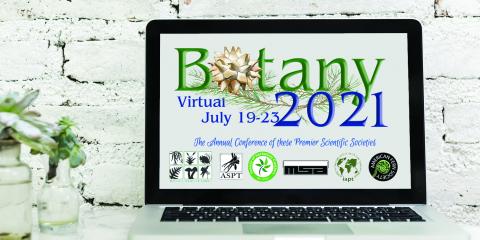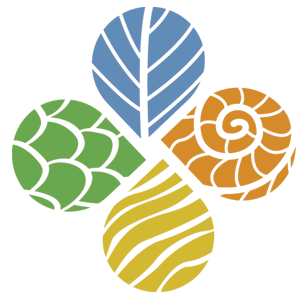
iDigBio researchers and staff joined nearly 2000 other attendees from over 60 countries at the virtual Botany Conference, July 18-23, 2021. Talks throughout the conference showcased the essential role of herbaria–and digitized data associated with herbarium specimens–in the botanical sciences. In addition to contributing talks of their own, iDigBio researchers and staff collaborated on several workshops and colloquia, including:
-
Using deep learning with digitized herbarium specimen image data, a full-day workshop where participants learned how to acquire and process specimen images, then use these images for deep learning analyses. Workshop modules were written as Jupyter Notebooks and presented in Google’s cloud-based CoLab environment, which lowered the technical barrier to entry for participants by allowing them to run code directly in their browser and to use cloud-based graphical processing units. Materials from the workshop, including Jupyter Notebooks with Python code for each instructional module, are available on GitHub here. This workshop was led by Richie Hodel at the National Museum of Natural History (NMNH), with assistance from Pam Soltis (iDigBio, University of Florida), Mike Trizna (NMNH), Rebecca Dikow (NMNH), and Erica Krimmel (iDigBio, Florida State University).
-
Using digitized herbarium data in research: Applications for ecology, phylogenetics, and biogeography, a full-day workshop with hands-on instruction for analyzing data from natural history collections using R and the BiotaPhy environment. This workshop covered topics focused on accessing digitized herbarium data, preparing data for analysis, georeferencing, and constructing ecological niche models. Later in the workshop, participants were exposed to new, innovative methods for linking specimen data to phylogenetic trees, computing phylogenetic diversity measures, conducting biogeographic analyses, and more. This workshop was led by collaborators from the University of Florida (Pam Soltis, Doug Soltis, Maria Cortez, Shelly Gaynor, Andre Naranjo, Lauren Whitehurst, Tal Kinser, Makenzie Mabry, and Jon Spoelhof), the University of Kansas (CJ Grady), and University of Michigan (Hector Figueroa and Hannah Marx). Material for this workshop is available on Github here.
-
Enhancing quality and use of herbarium collection data through community data curation, a colloquium co-organized with colleagues from iDigBio, GBIF, Université de Montréal, New York Botanical Garden, and the Natural History Museum London.
- Darwins' reversals: What we now know about Feralization and Crop Wild Relatives, a colloquium led by Makenzie Mabry (iDigBio, University of Florida) and Alex McAlvay (New York Botanical Garden). Talks included research on the process of crops becoming weedy or feral across multiple species from apples to cannabis. As a postdoctoral scholar with iDigBio, Makenzie plans to utilize collection information to expand our knowledge of feral populations of crops represented in the herbaria.




